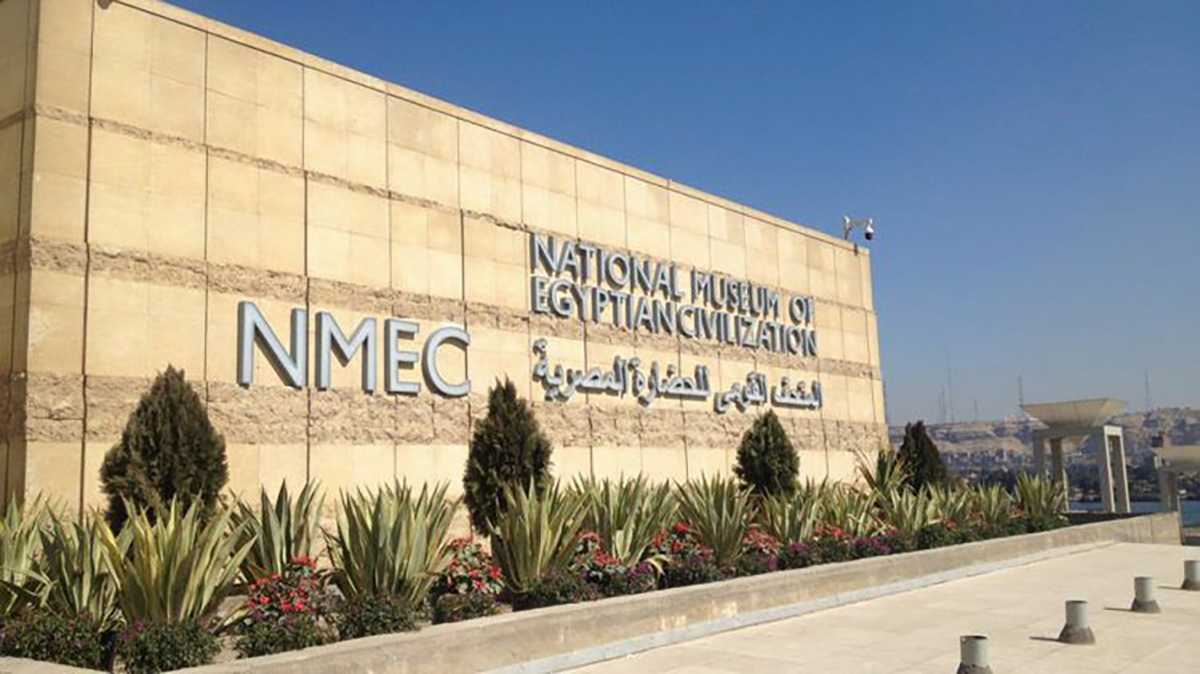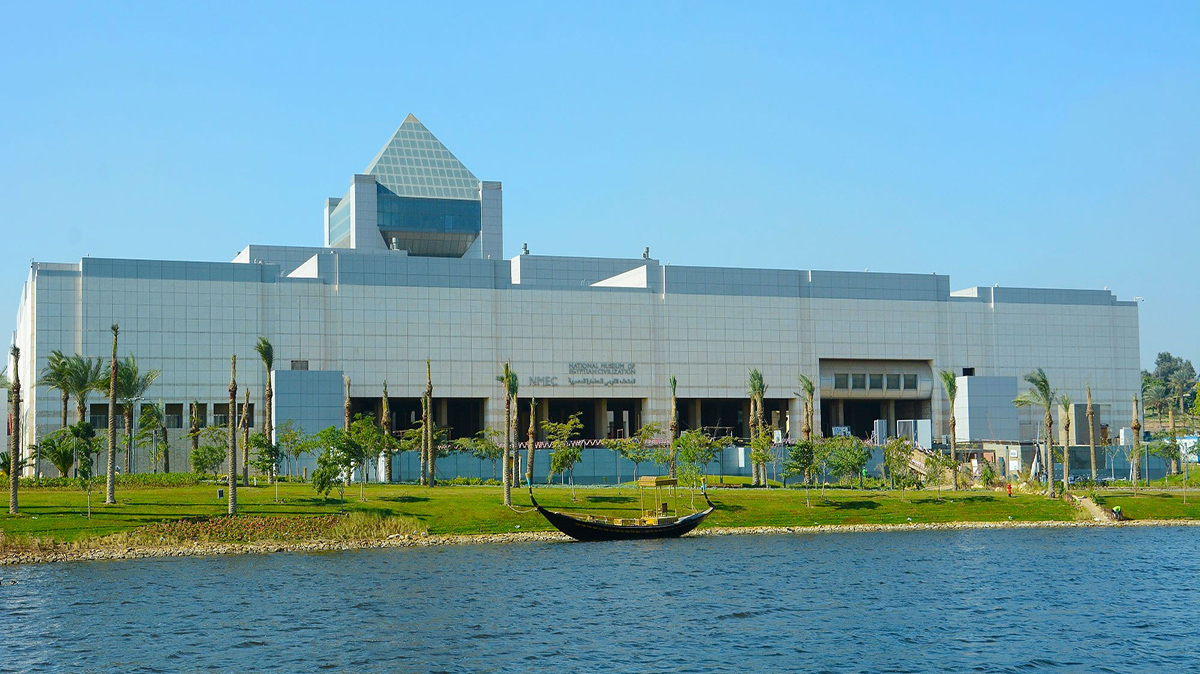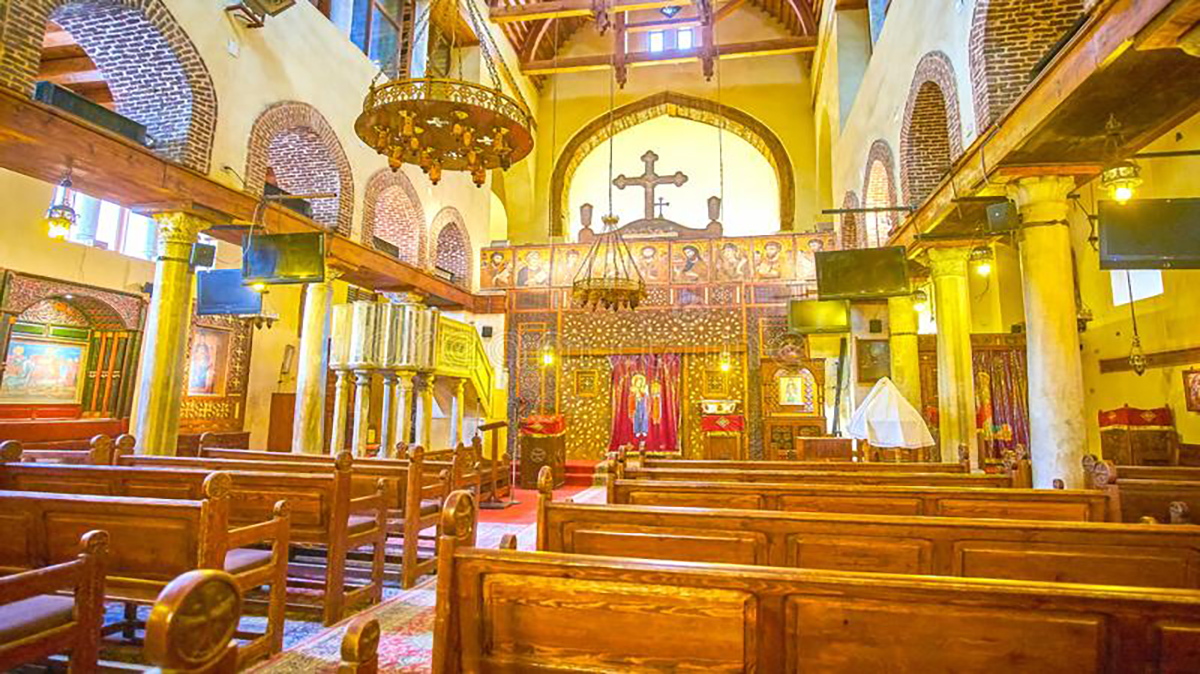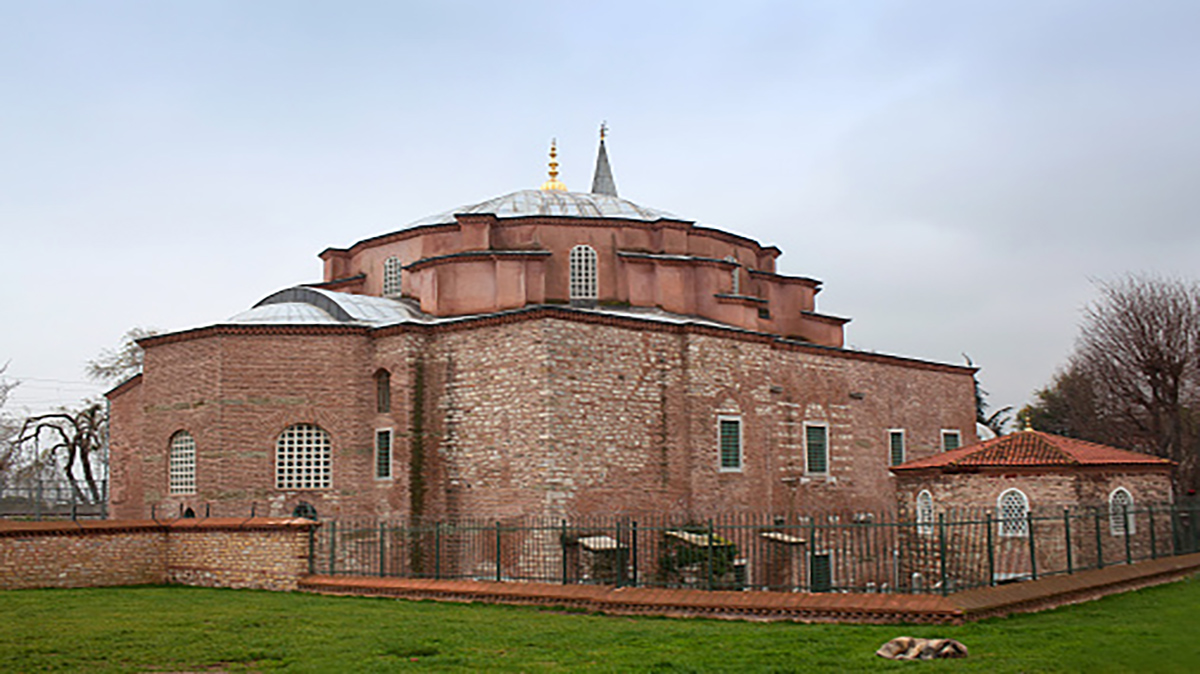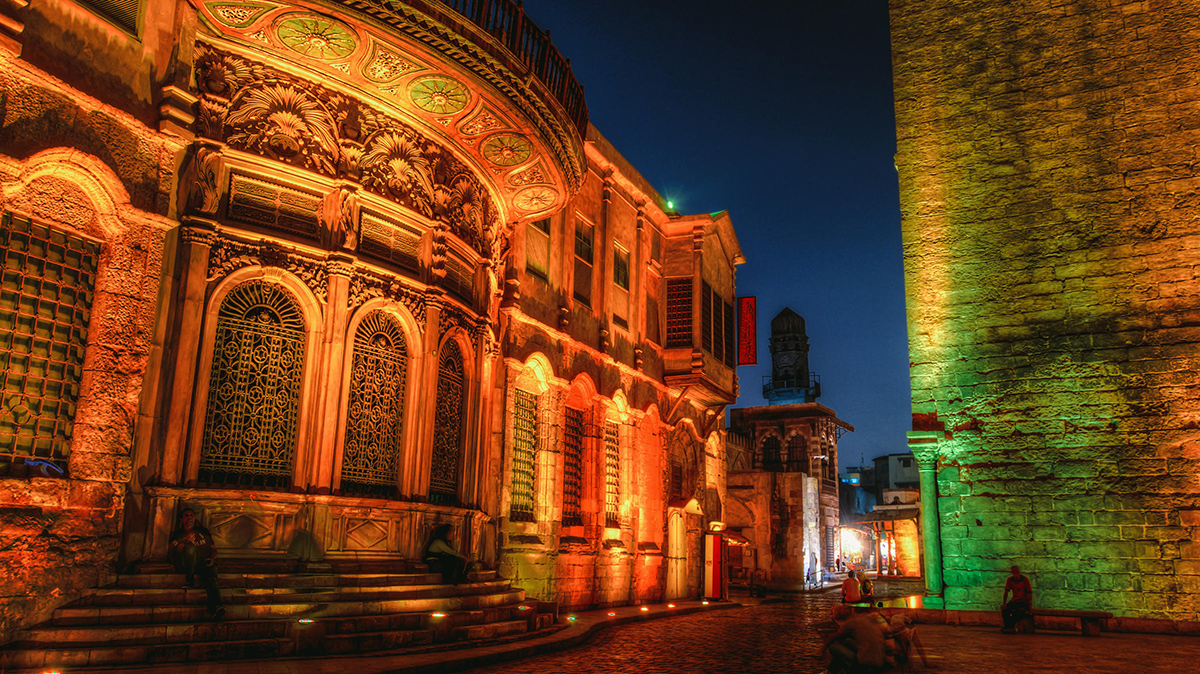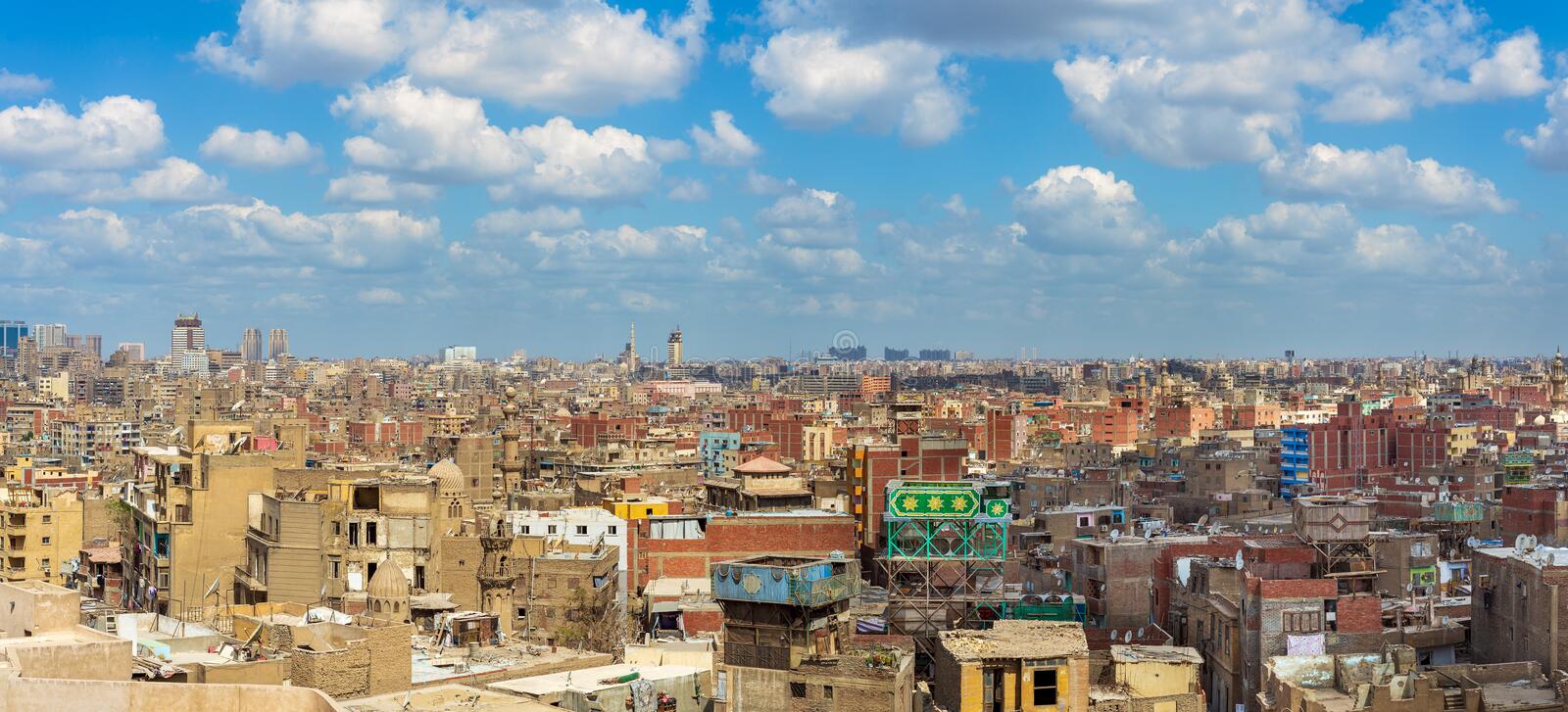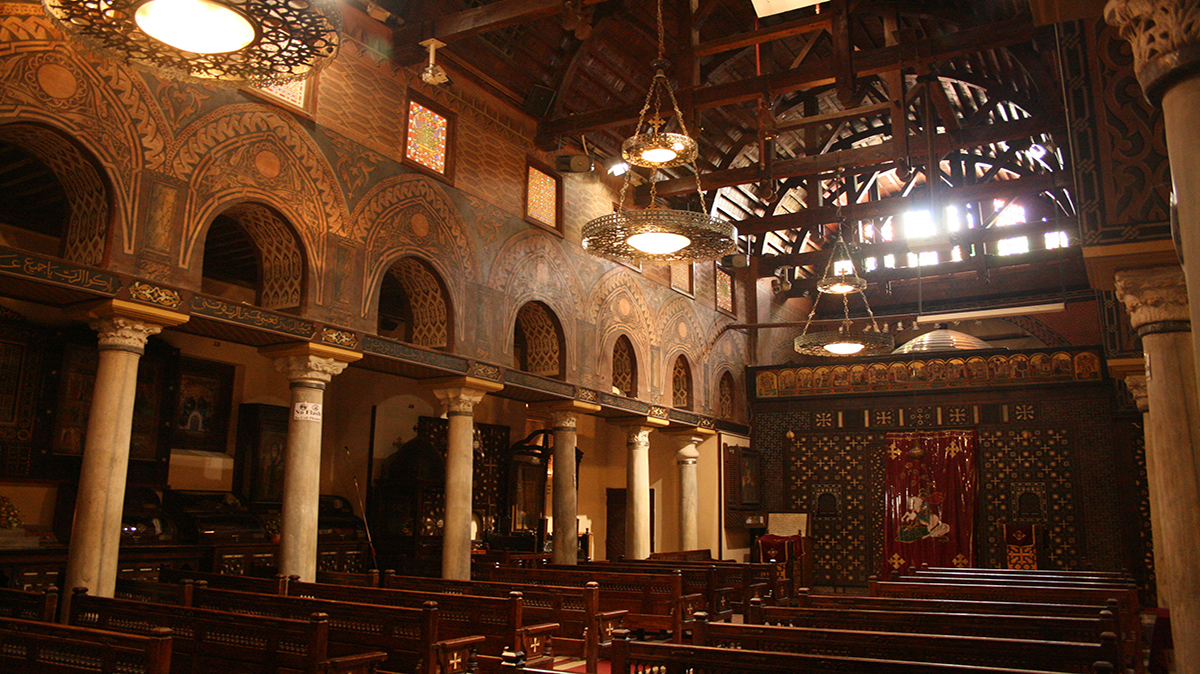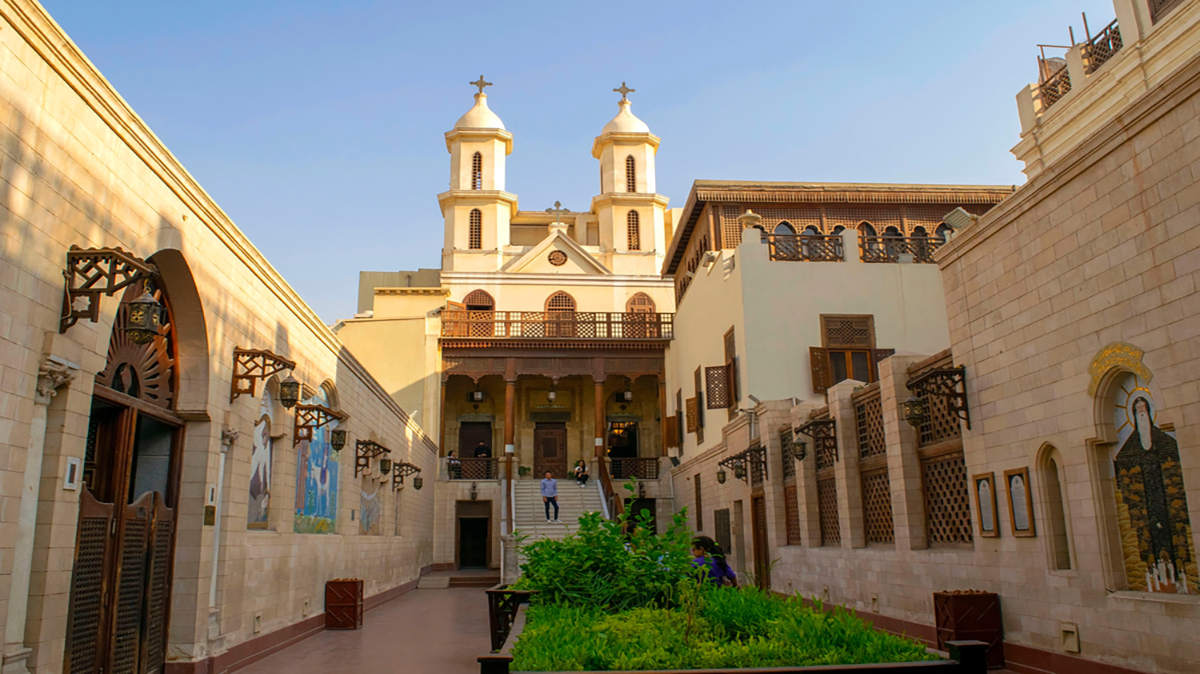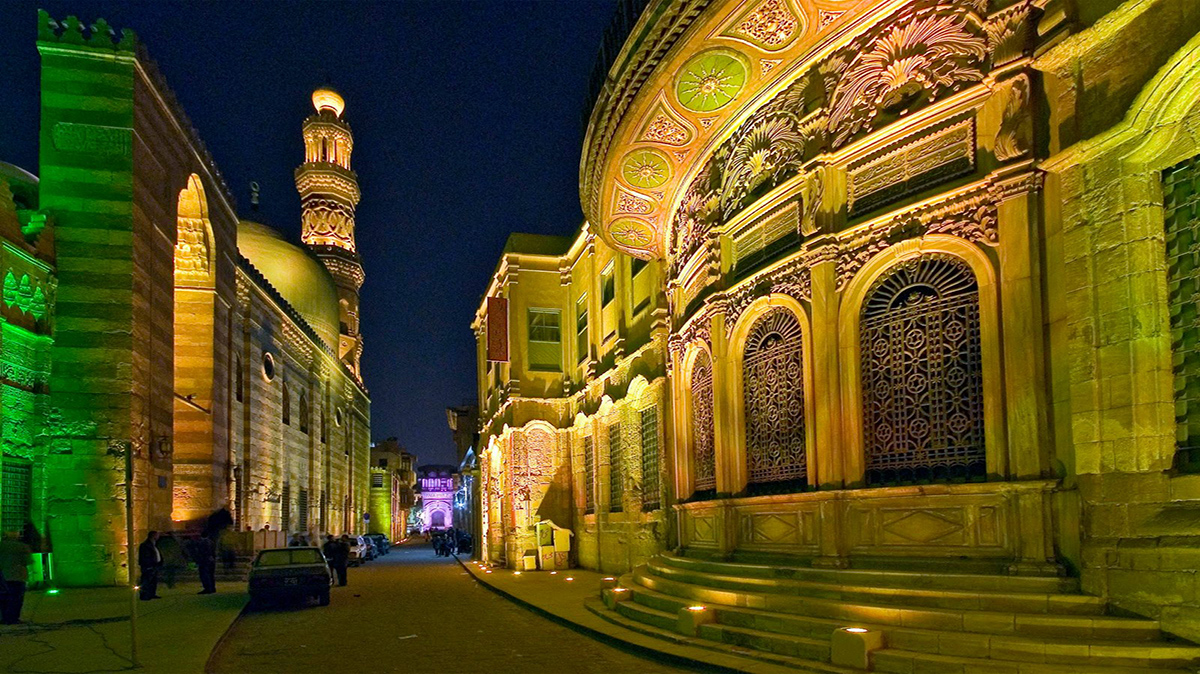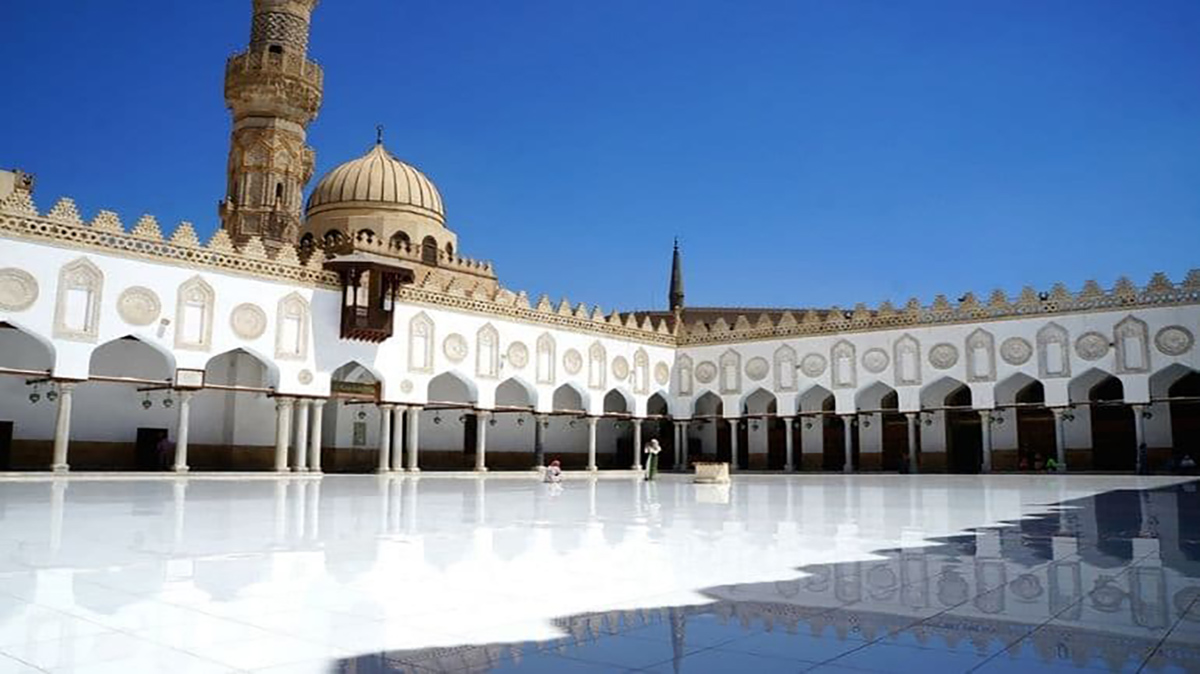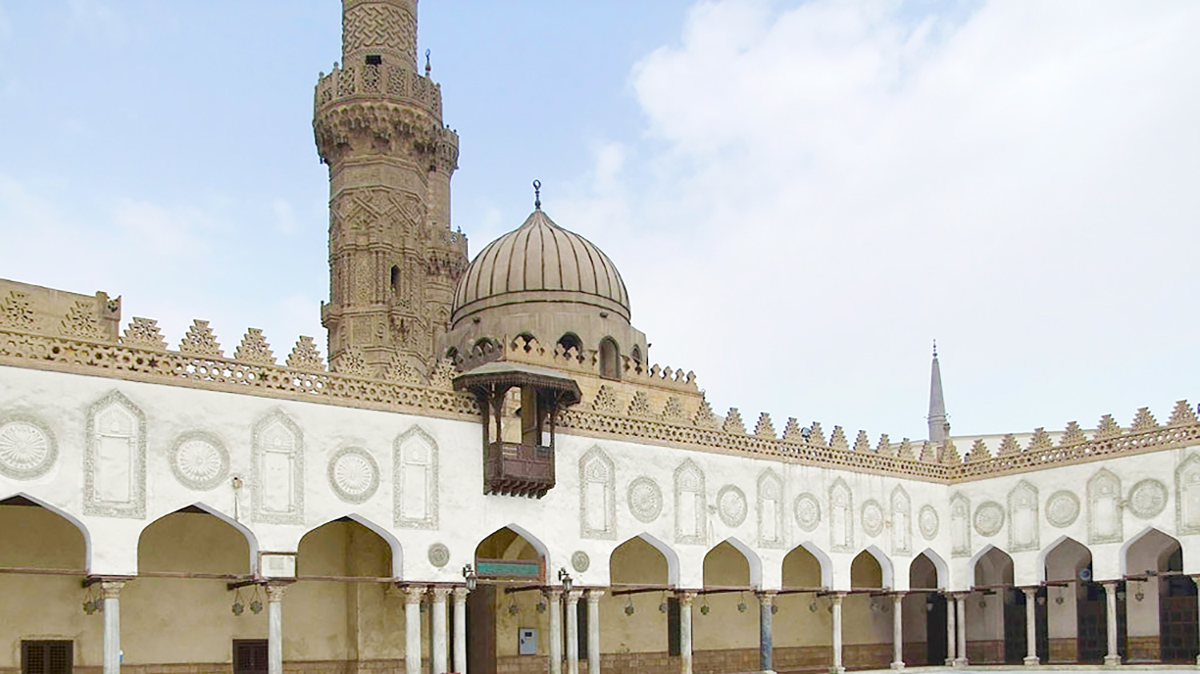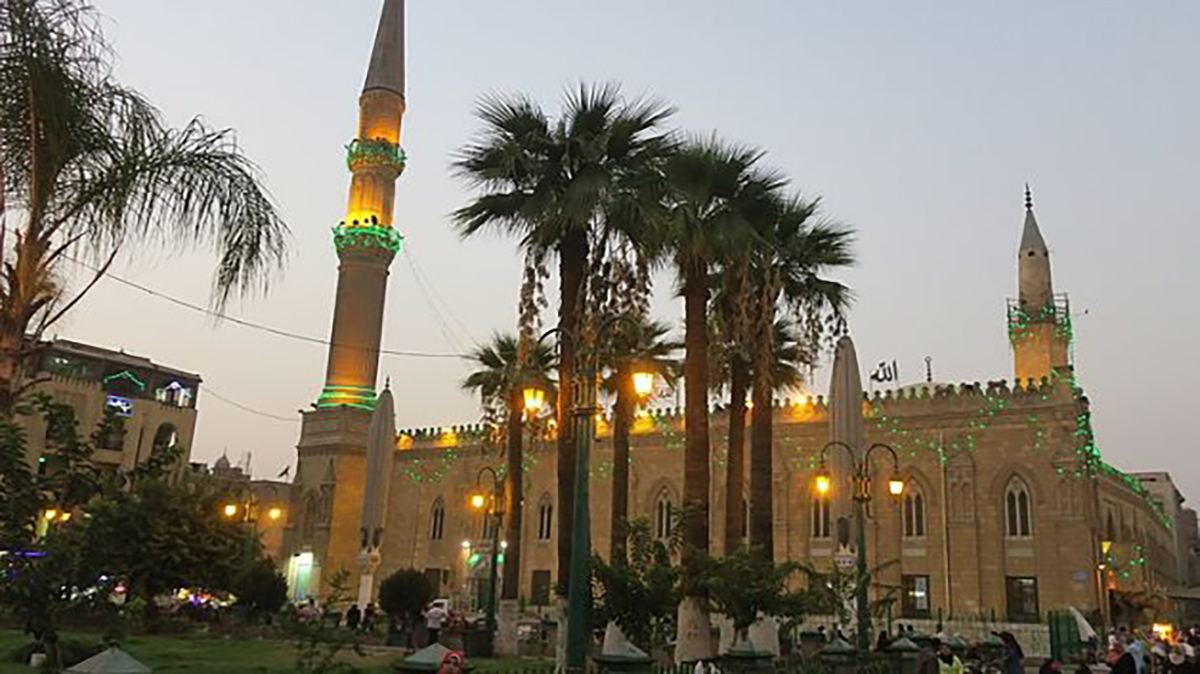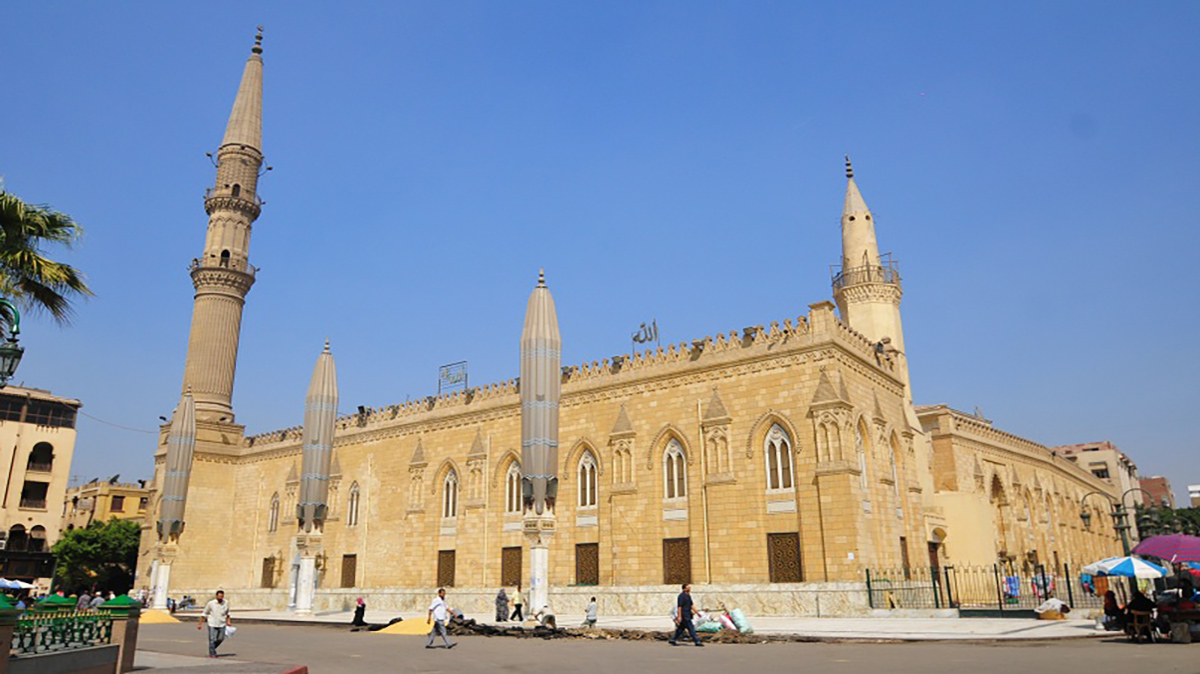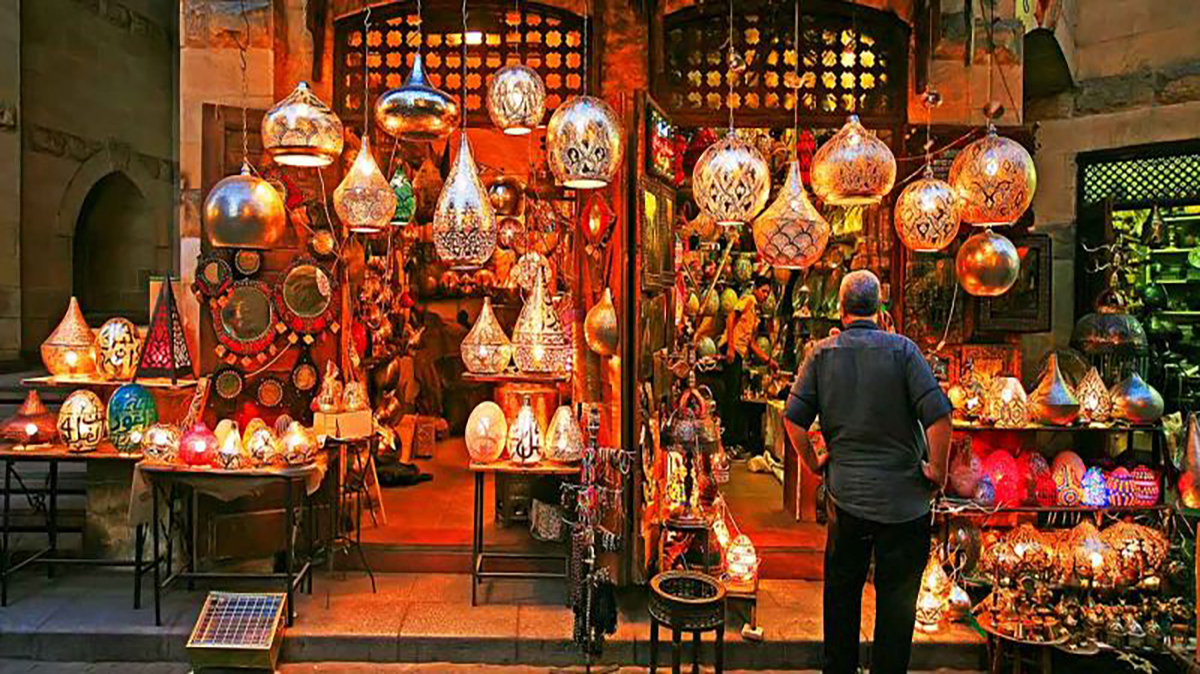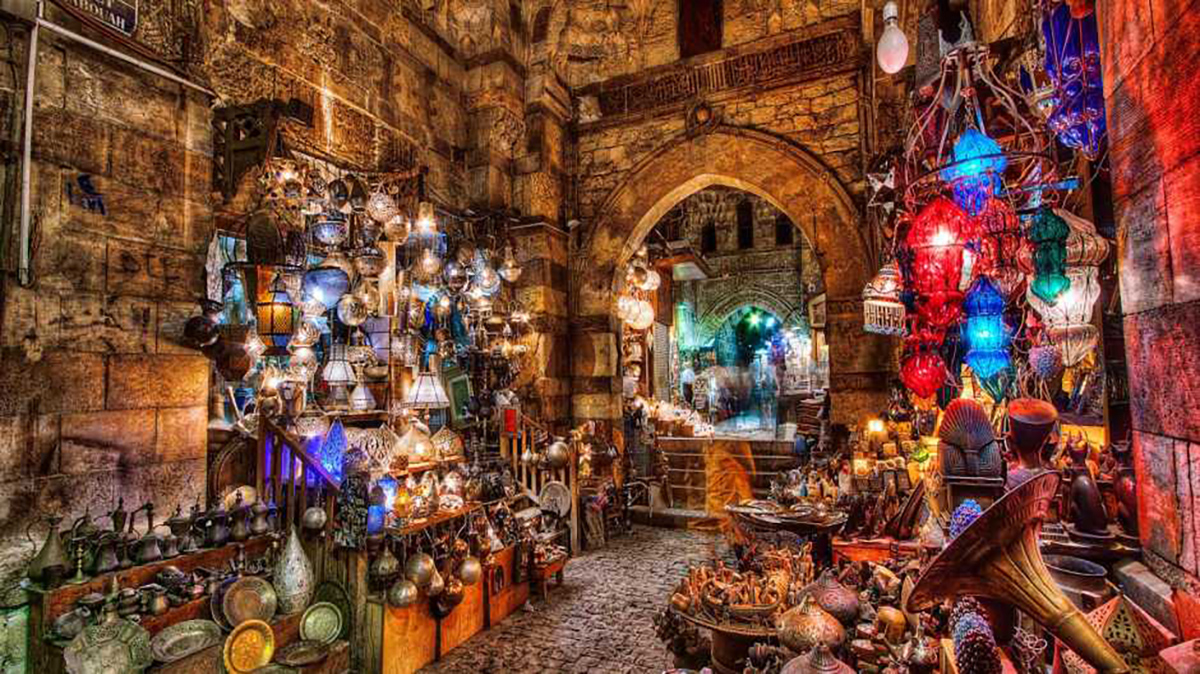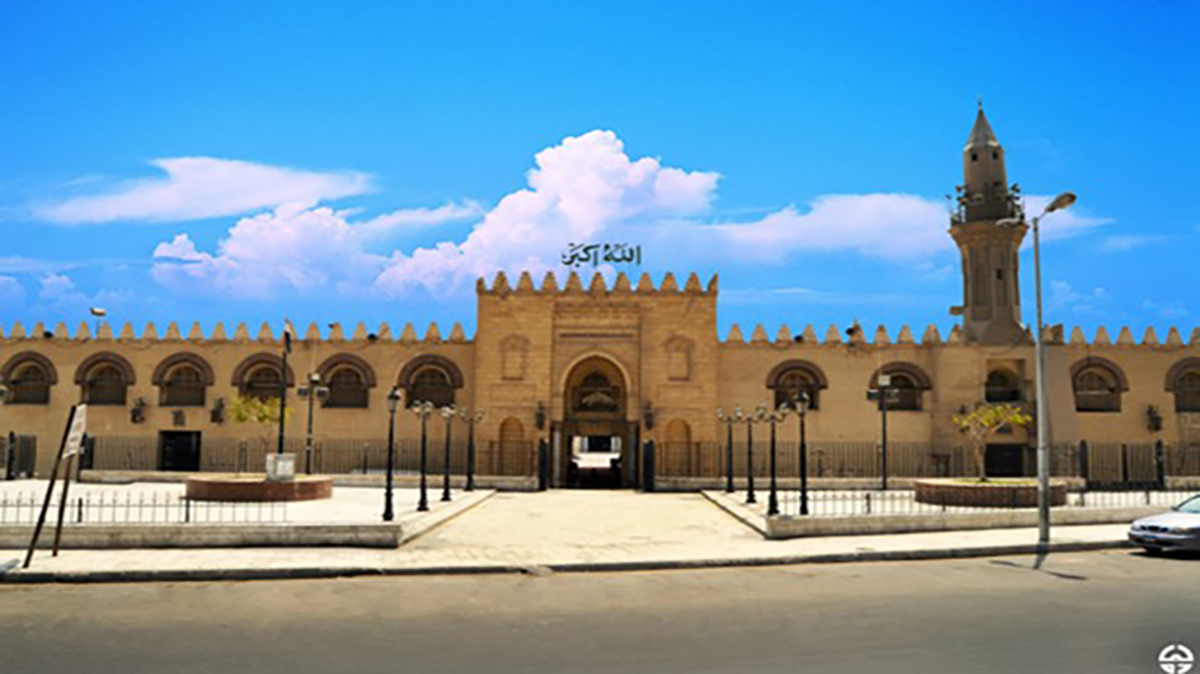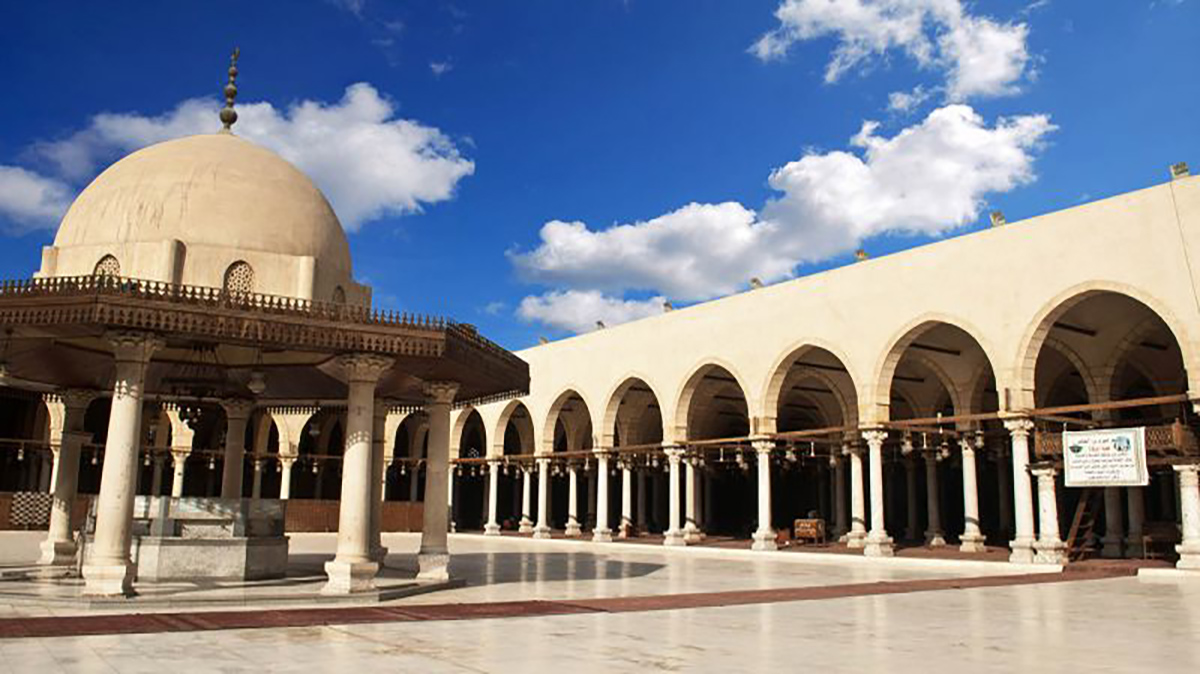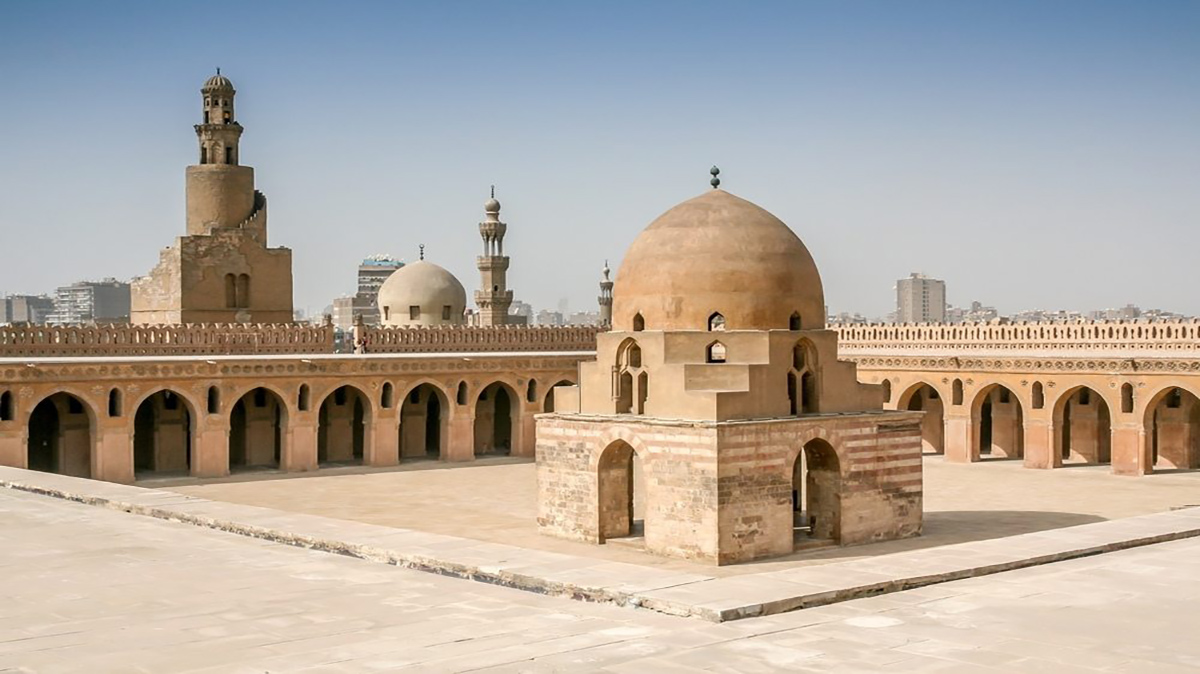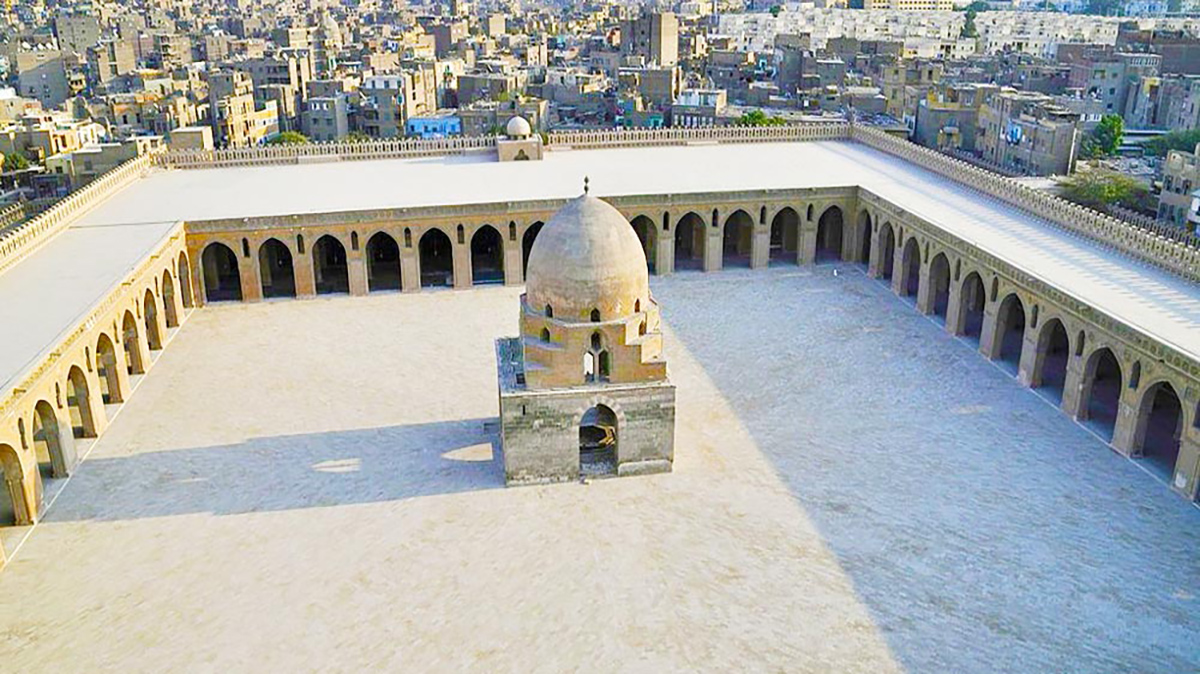The NMEC is the first of its kind in Egypt and the Arab world. It presents the full range of the richness and diversity of Egyptian civilization throughout the ages, from prehistoric times to the present day by focusing on its continuity and stability as demonstrated by its tangible and intangible heritage.
Saints Sergius and Bacchus Church is traditionally believed to have been built on the spot where the Holy Family, Joseph, Mary and the infant Jesus Christ, rested at the end of their journey into Egypt. They may have lived here while Joseph worked at the fortress.
The Ben Ezra Synagogue (Hebrew: בית כנסת בן עזרא; Arabic: معبد بن عزرا), sometimes referred to as the El-Geniza Synagogue (בית כנסת אל גניזה) or the Synagogue of the Levantines (al-Shamiyin),[1] is situated in the Fustat part of Old Cairo, Egypt
The Hanging Church is named for its location above a gatehouse of Babylon Fortress, the Roman fortress in Coptic Cairo (Old Cairo); its nave is suspended over a passage.[2] The church is approached by twenty-nine steps; early travelers to Cairo dubbed it "the Staircase Church".[2] The land surface has risen by some six metres since the Roman period, so the Roman tower is mostly buried below ground, reducing the visual impact of the church's elevated position.
al-Muizz street for short, is a major north-to-south street in the walled city of historic Cairo, Egypt. It is one of Cairo's oldest streets as it dates back to the foundation of the city (not counting the earlier Fustat) by the Fatimid dynasty in the 10th century
Al-Azhar Mosque (Arabic: الجامع الأزهر, romanized: al-Jāmiʿ al-ʾAzhar, lit. 'The Resplendent Congregational Mosque'), known simply in Egypt as al-Azhar.
The Imam Hussein Mosque (Arabic: مسجد الإمام ٱلحُسين) or Jame Sayyidna Husayn (Arabic: جامِع سيّدنا ٱلحُسين)
That's a Orentl bazaar it's open 24 hours You can spend like a hour or more as you like
also called the Taj al-Jawame' (Arabic: تاج الجوامِع, lit. 'Crown of Mosques'),[1] or Masjid Ahl ar-Rayah (Arabic: مسجد اهل الرّاية, lit. 'Mosque of the Banner Bearers'),[2] or Jame’ al-Ateeq (Arabic: جامِع العتِيق, lit. 'the Old Mosque'),[3] was originally built in 641–642 AD, as the center of the newly founded capital of Egypt, Fustat. The original structure was the first mosque ever built in Egypt and the whole of Africa.[4] For 600 years, the mosque was also an important center of Islamic learning until Al-Muizz's Al-Azhar Mosque in Islamic Cairo replaced it.[1] Through the twentieth century, it was the fourth largest mosque in the Islamic world
The Mosque of Ibn Tulun (Arabic: مسجد إبن طولون, romanized: Masjid Ibn Ṭūlūn) is located in Cairo, Egypt

